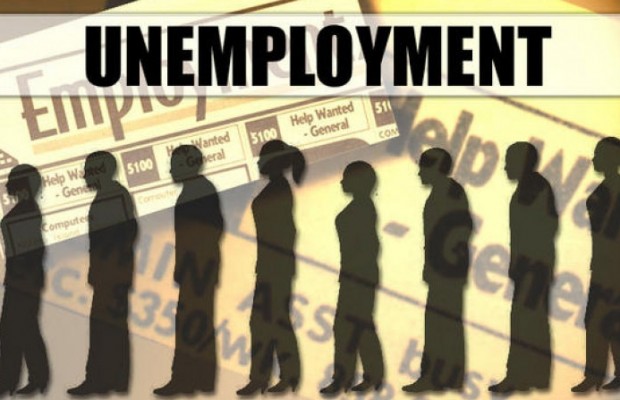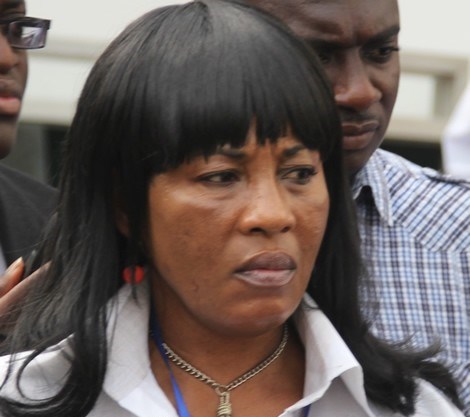500 unemployed graduates sleep at Ministries
- Posted on
- Comment
 Five hundred graduates of the country’s Schools of Hygiene passed the night on Monday at the garage of the Ministry of Local Government and Rural Development in Accra.
Five hundred graduates of the country’s Schools of Hygiene passed the night on Monday at the garage of the Ministry of Local Government and Rural Development in Accra.
It was a pathetic scene to see some of the graduates sitting on broken chairs or lying on the floor in the garage at the mercy of mosquitoes.
The graduates who called themselves Concerned Environmental Students Association came from Tamale, Ho and Accra and picketed the ministry to impress upon government to employ them.
The graduates indicated that it took several appeals for the ministry security to allow some of their members access washrooms during the night and early Tuesday morning.
A number of the aggrieved graduates are parents and are going through hard times while others who are breadwinners for their families have to resort to doing menial jobs to make ends meet.
One of the graduates told DAILY GUIDE that it was surprising that government had ignored them and turned its attention to other graduates as if their contribution to national development was not relevant.
Speaking to the graduates at the Ministry of Local Government and Rural Development conference room on Tuesday morning, Haruna Iddrisu, the Minister for Employment and Labour Relations, stated that government appreciates the concerns of the graduates, admitting that four batches of students have passed out and have since not been employed.
He indicated that with the institution of the National Sanitation Day, there was the urgent need to employ environmental inspectors, adding that plans were far advanced to start the process of engaging their services at the MMDAs from January 2016.
He therefore appealed to members of the Concerned Environmental Students Association to return home while their grievances are being attended to.
The leader of the association, Prince Dzramado, called on the minister to fulfil his promises to avoid another protest when the time elapses in January.
He indicated that it was unfortunate that government had treated them in a manner that presented them as a group of persons whose services as environmental protectors were not needed.
By Solomon Ofori










 (Selorm) |
(Selorm) |  (Nana Kwesi)
(Nana Kwesi)